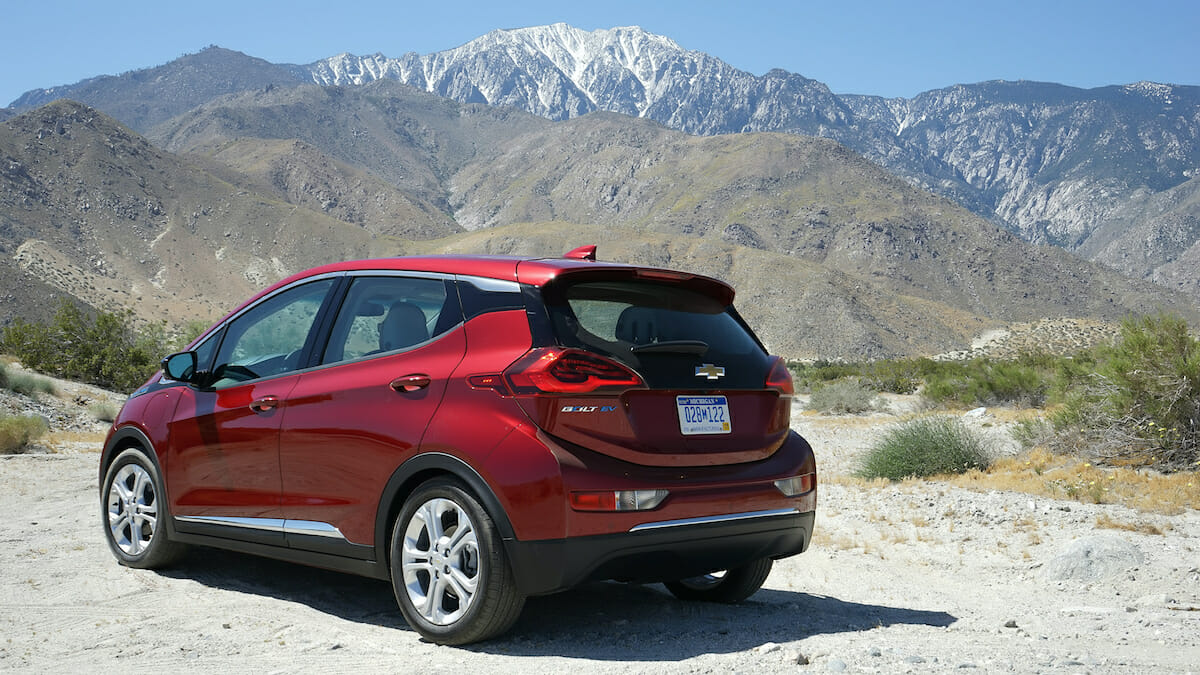
Despite experiencing recalls virtually every year since debuting in 2017, the Bolt EV’s sales & popularity continue to increase.
Due to arrive in late 2021, Chevrolet’s all-new, all-electric 2022 Bolt EV (electric vehicle) and EUV (electric utility vehicle) make Chevy’s commitment to a zero-emission future truly clear. And as the automaker’s flagship electric vehicle, the two 2022 model year Chevy Bolts are expected to offer more options and appeal to a wider audience.
Chevy will be further pushing the boundaries of the EV market with the 2022 Chevy Bolt EUV. The electric utility vehicle promises to be a daring step for the model. As of early 2021, the Bolt EUV has only been teased, and it is expected to impress with its long-range, innovative technology, and a more proper crossover/SUV vehicle.
The Chevrolet EUV will share much of the same specs as the 2022 Bolt EV, including the impressive 66kWh BEV 2 platform. It is going to be larger, so range will decrease to a still excellent 240+ per charge. Additionally, the Bolt EUV will be the first electric vehicle from Chevy to feature the Super Cruise hands-free driver assistance system for compatible highways. The refreshed Bolt EV and the Bolt EUV will go into production in summer 2021.
Considering buying a new or pre-owned Chevy Bolt? Let’s take a look at the journey behind Chevrolet’s daring and bold long-range, affordable entry to the all-electric vehicle market.
Chevy Bolt’s Introduction

Introduced in 2017, the Bolt EV was General Motor‘s benchmark high-capacity electric motor compact car. The 2017 Bolt EV featured a 60 kWh 350 V lithium-ion battery and propulsion system that offered more than 200 miles of range on a full charge. The front-engined car featured a hatchback, expanding the compact car’s utility to a more crossover style.
The Bolt EV ran on an electric motor with an offset gear and shaft configuration that made 200 horsepower and 266 lb-ft. of torque. Combined with a 7.05:1 final drive ratio, the 2017 Bolt EV could sprint 0-60 mph in less than seven seconds.
Bolt Reception, Confusion & Frustration
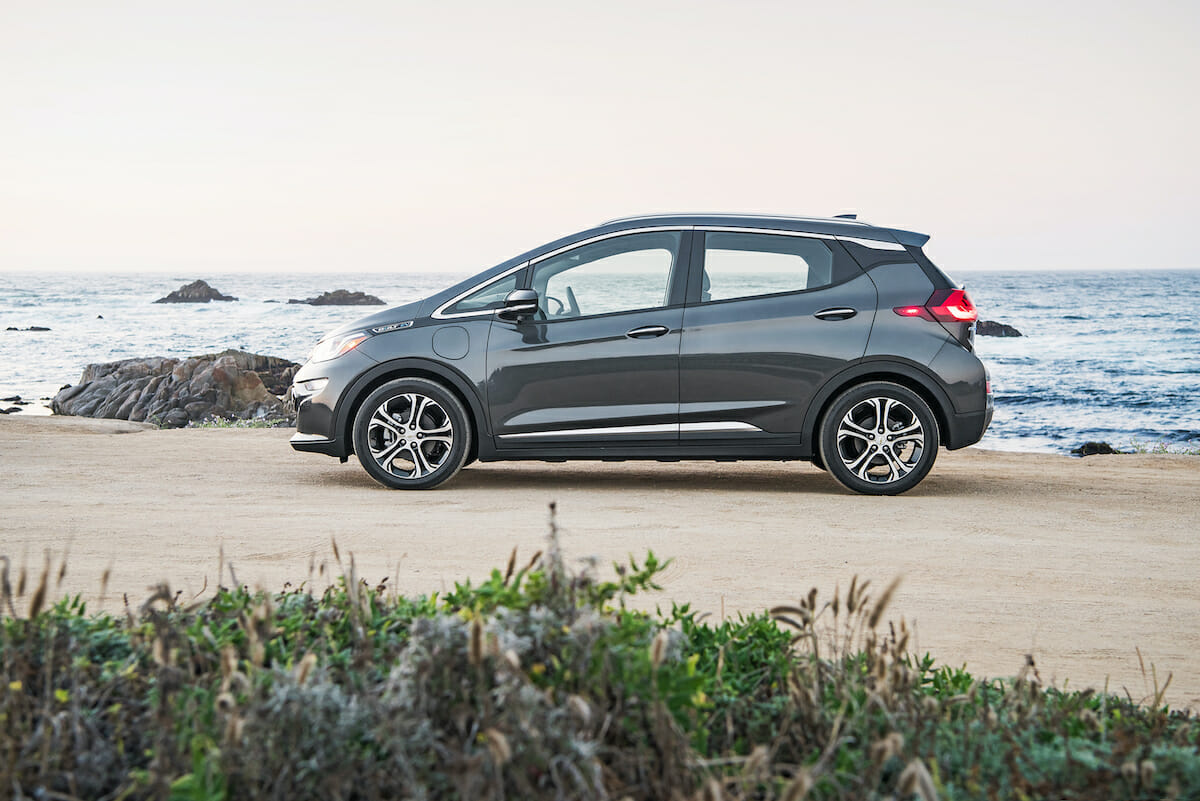
Unfortunately, GM faced slow sales and a market that did not feel ready to fully embrace an EV. This was compounded by a few major stumbling blocks.
First, Chevrolet faced the possibility that interest in the electric vehicle market might be limited when early sales proved sluggish. Additionally, the “Bolt” model was often confused for Chevy’s “Volt” compact car. Some did not respond to the design — not quite a station wagon, not quite a car.
Each Bolt model year showed improvements in range, on-board tech, connectivity & comfort.
Distribution of the Volt faced obstacles overseas with delays that ultimately led to GM missing out on selling the Bolt in Europe.
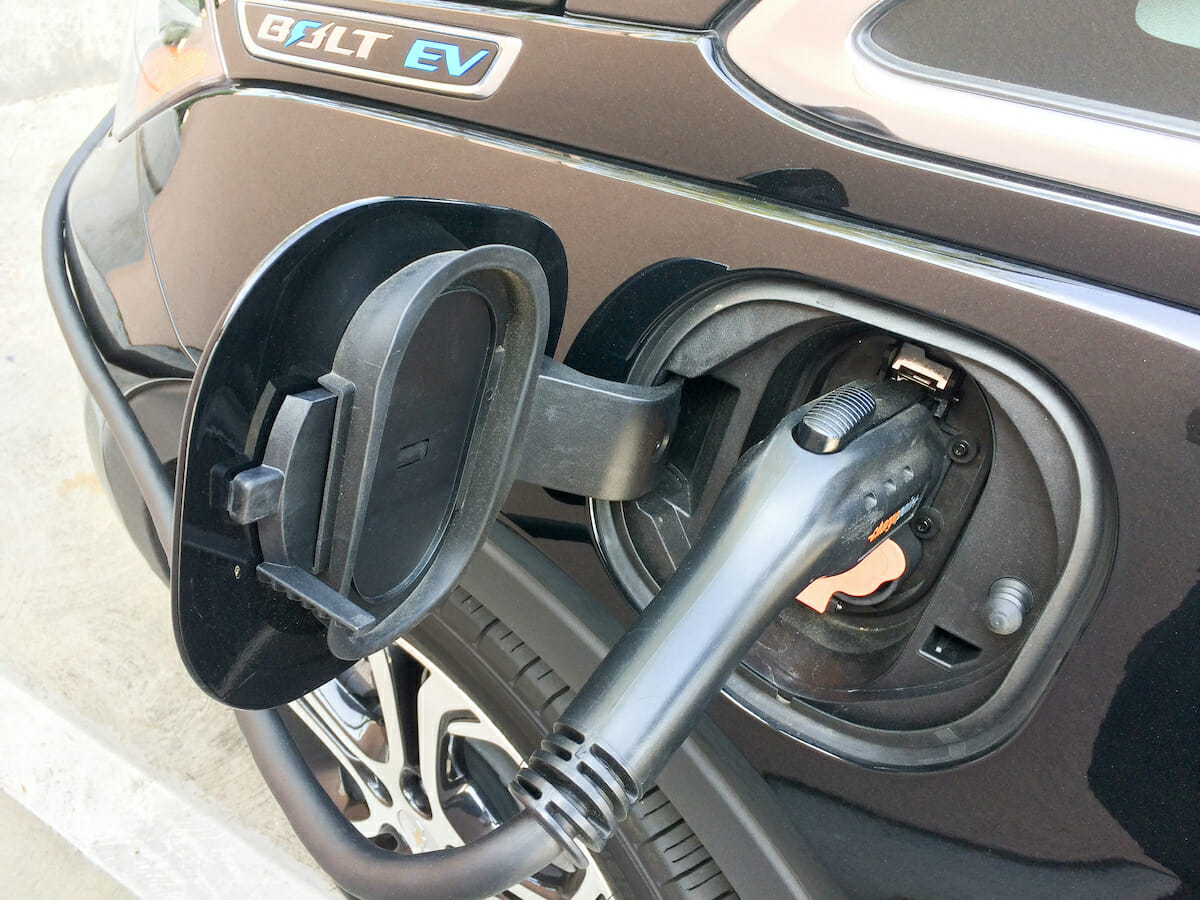
Despite this, the car was lauded by critics. The Bolt EV landed on many “top 10” and “vehicle of the year” lists, including being named 2017 Car of the Year by Motor Trend and Popular Mechanics.
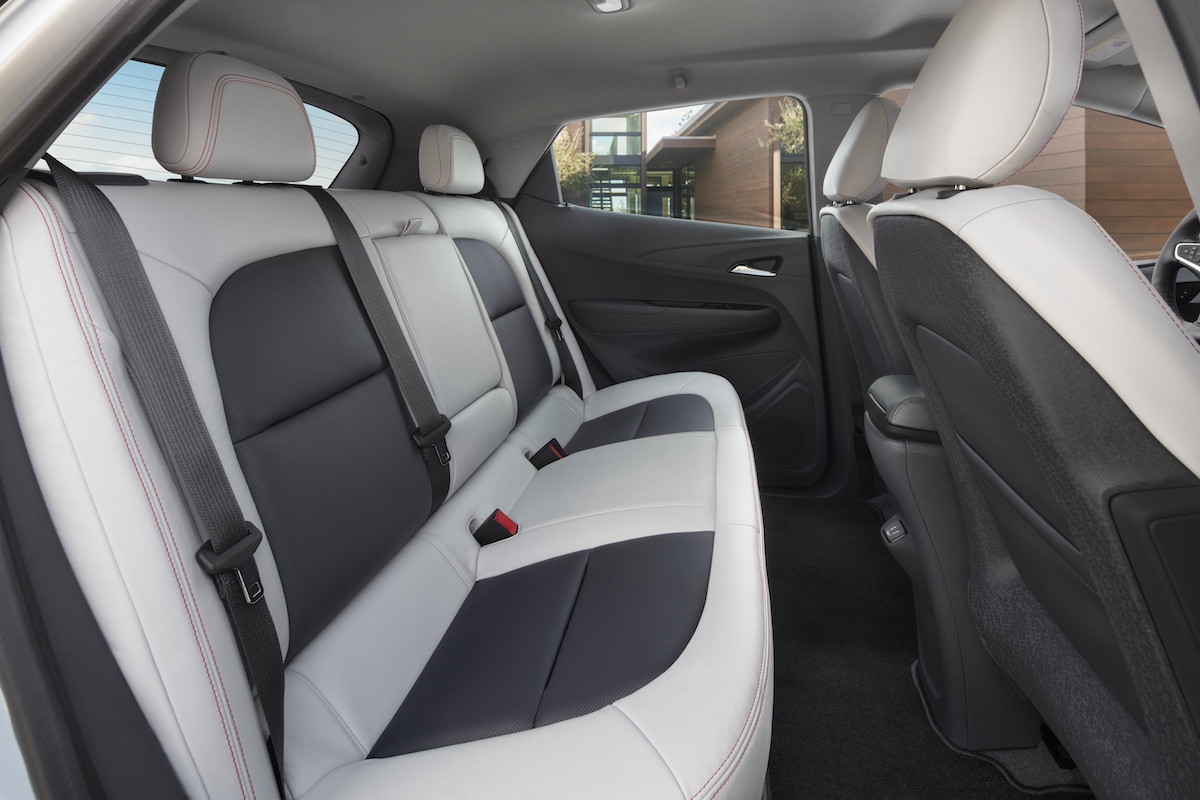
Sales slowly began to pick up in the subsequent 2018, 2019, 2020, and 2021 Bolt EVs. While there were no major changes to the platform, each Bolt model year showed improvements in range, on-board tech, connectivity, and comfort.
Chevrolet Bolt Recalls
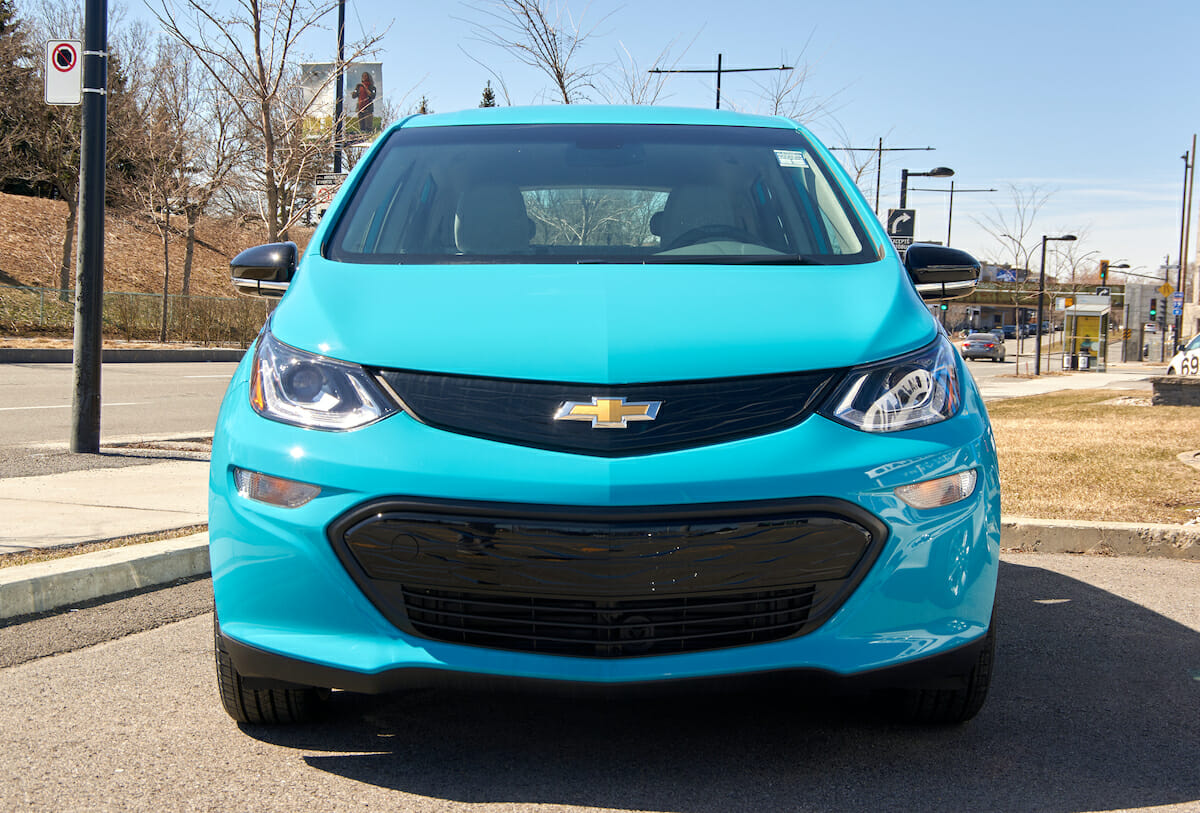
In 2018, the National Highway Transportation Safety Administration (NHTSA) issued a recall on 2017 and 2018 Bolts. The EVs reportedly had insufficient coating in the rear brake caliper pistons that could pose a problem when braking. Over 210,000 cars were included in NHTSA 18V57600.
Another recall came in November 2020 that affected 2017, 2018, and 2019 Bolt EVs. There were 50,932 vehicles recalled under NHTSA 20V701000, which noted that the high-voltage battery may pose a risk of catching fire.
Addressing Bolt EV recall issues with full transparency, Chevy has shown that it is fully committed to a future that is both electric and safe.
Reportedly, some model year 2018 and 2019 Chevrolet Bolt EVs were allegedly prone to catch fire under the rear seat while parked and unattended. Additional research b y the NHTSA’s Office of Defects Investigation found that some model year 2017 Bolt EVs experienced a similar burn pattern in the interior rear seat area. In all three cases, fire damage appeared to be concentrated in the EV battery compartment area with penetration into the passenger compartment from under the rear seat. The root cause of these fires is unknown.
The year 2020 also saw three additional recalls issued for 2017 through 2020 Bolt EVs. NHTSA 20V184000 involved rear doors having the potential to open while driving due to a possible door handle failure.
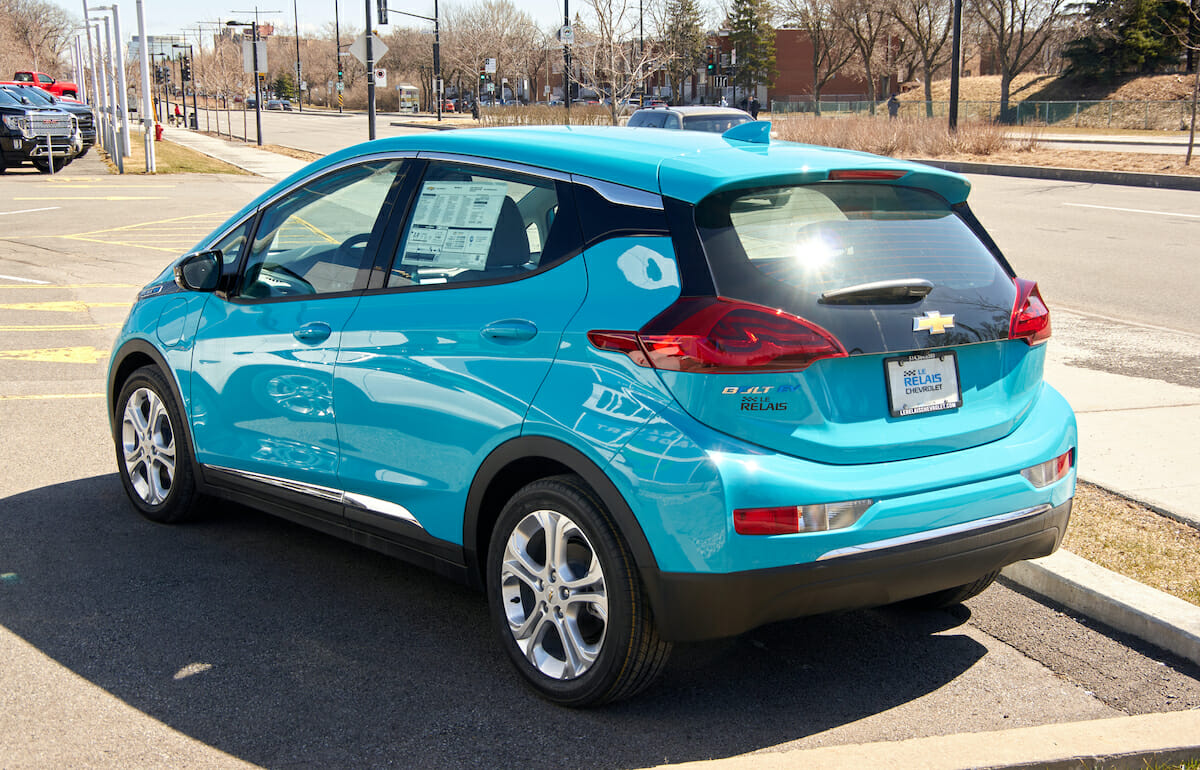
In December 2020, recall 20V808000 stated than an improperly cast front left brake caliper could fracture during a high-pressure braking event. The following day, 20V811000 was issued for several Chevy vehicles with the concern that incorrect bolts may have been used in fastening locations to secure the seat belts to the vehicle.
Chevrolet responded to Bolt EV owners with an update that it was researching the issues and would ensure all vehicles would be updated with new software to improve vehicle charge. This was a wise move in allaying concerns and restoring consumer confidence. Addressing Bolt EV recall issues with transparency, Chevy has shown that it is fully committed to a future that is both electric and safe.
Is a Used Chevy Bolt a Good Buy?
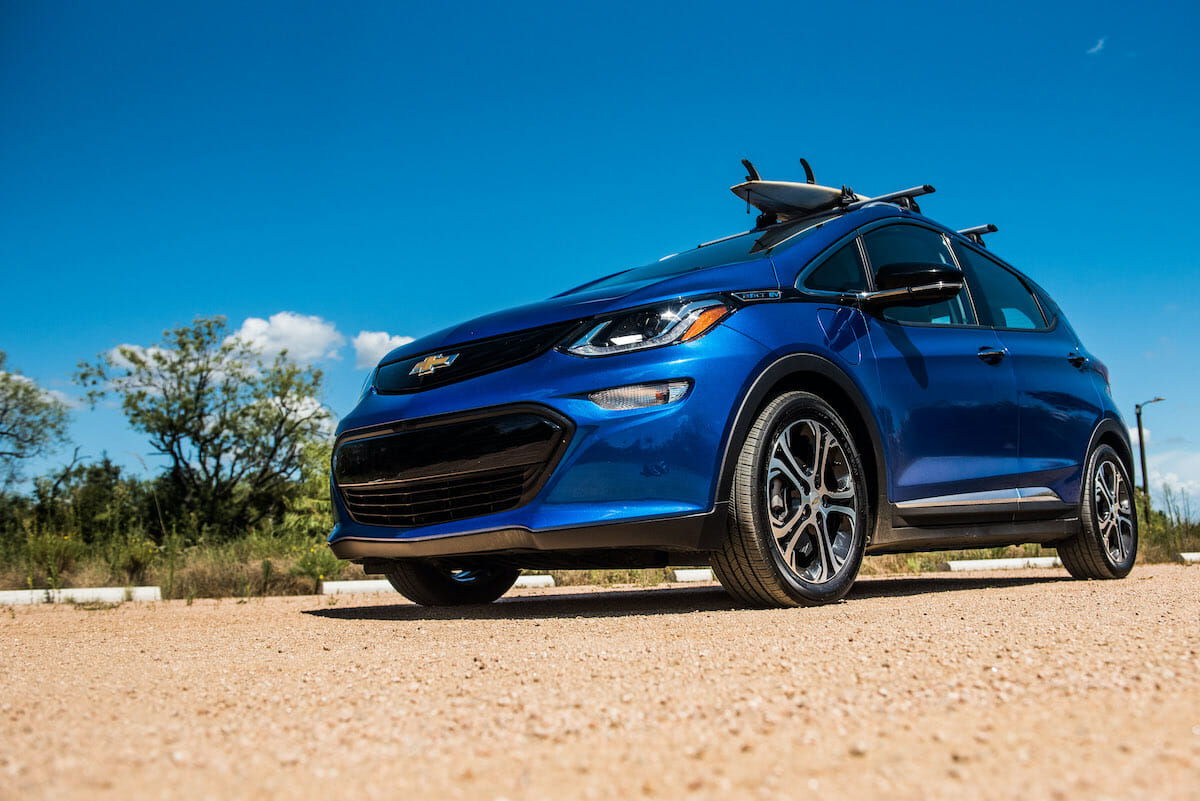
After a slow start, Chevrolet’s Bolt EV eventually found its market, and it became increasingly popular over the years, with car buyers citing the vehicle’s affordability and impressive range. However, the automaker’s high-profile 2020 recall that affected nearly 51,000 vehicles shook the confidence of some consumers. So did the fact that the Bolt EV experienced at least one recall every year of its relatively short history.
Some auto enthusiasts still back the popular electric vehicle despite some of its recalls and setbacks, with one Car & Driver reader pointing out that “With 5 fires out of 50,000 cars, I wouldn’t be too concerned [because only] .01% have caught fire, one out of every 10,000.”
Car buyers seem to share the C&D reader’s confidence. Despite experiencing Bolt EV recalls virtually every year since debuting in 2017, Chevy has reportedly experienced a continual increase in annual sales of the electric vehicle. Inside EVs reports that during the third quarter of 2020, Chevrolet increased sales of the Bolt EV by 18%, up 17.6% year-over-year.
Photos: Chevrolet; Vehicle History
